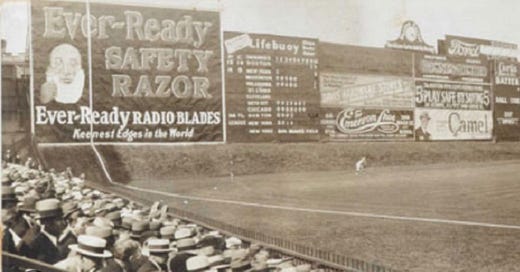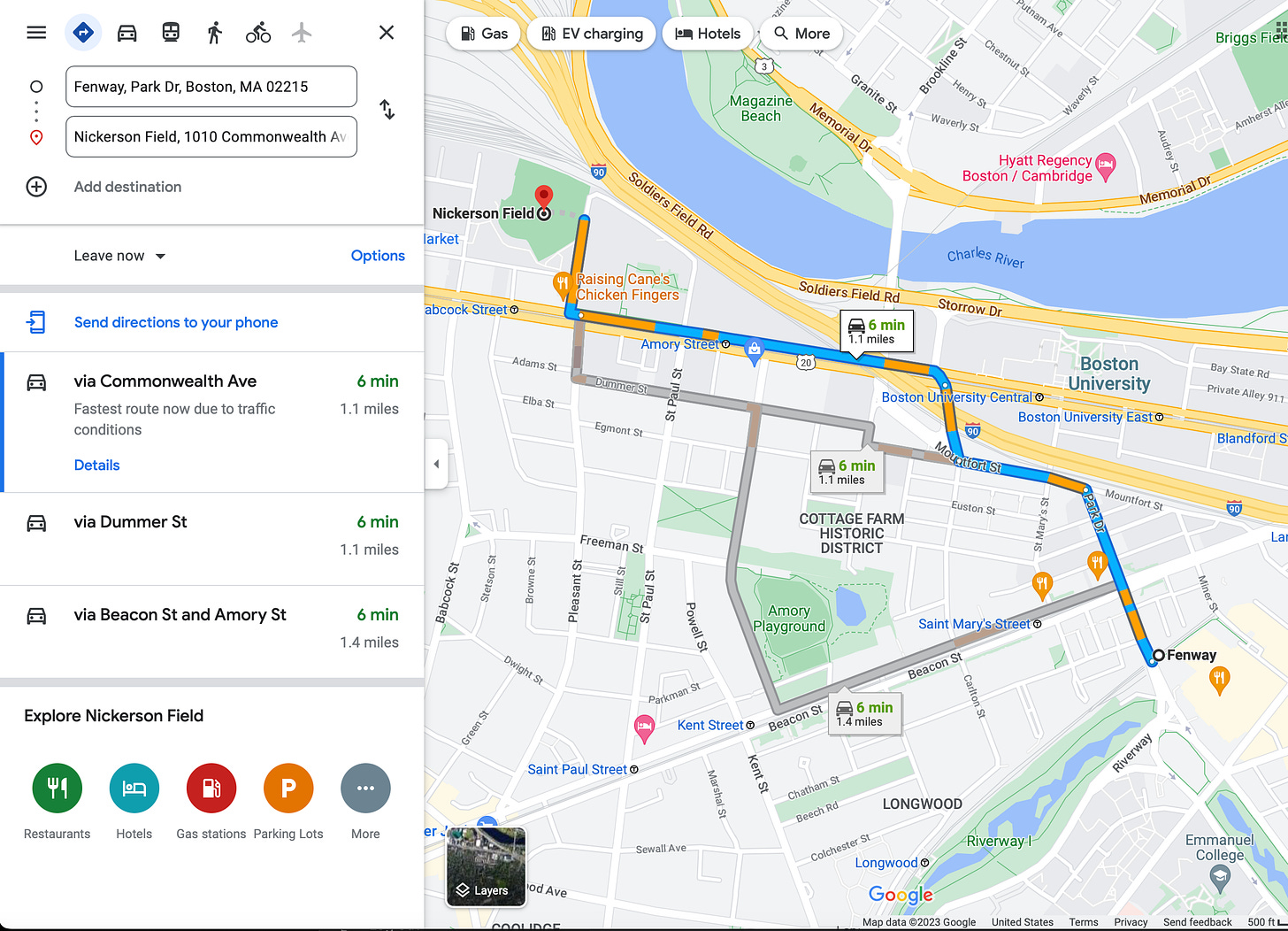On this day in 1929, the Red Sox announced they would play Sunday games for the first time in team history. However, those games could not be played at Fenway Park.
In the early years of professional baseball, the game was not the multi-billion dollar industry that it is today. Teams struggled to attract fans and generate revenue, and one of the ways they did this was by scheduling games on Sundays. However, there was a notable exception to this practice: the Boston Red Sox.
From the time the Red Sox were established in 1901 until 1929, the team did not play any home games on Sundays. This was due to a combination of factors, including the strong influence of Boston's Puritan heritage and the team's owner, John I. Taylor.
In the early 20th century, many people in the country considered Sunday a day of rest and religious observance. There were laws in place that restricted certain types of activities on Sundays, including the sale of alcohol and the operation of businesses. These laws were based on the Puritan tradition of observing the Sabbath, which was intended as a day of worship and reflection.
The Red Sox, under the ownership of John I. Taylor, were sympathetic to these sentiments. Taylor, who was also the publisher of the Boston Globe, was a prominent figure in the city and had a reputation for being a devout Christian. He was a member of the Park Street Church, which was one of the most prominent Congregationalist churches in the city and had a reputation for being very conservative.
Taylor believed that baseball should not be played on Sundays, as it detracted from the religious observance that was supposed to occur on that day. He also saw it as an opportunity to differentiate the Red Sox from other teams in the league and to appeal to the more conservative elements of the city's population.
So, from the team's inception in 1901 until 1929, the Red Sox did not play any home games on Sundays. This decision was not without controversy, as it put the team at a competitive disadvantage in terms of revenue and attendance. Essentially it made their week six days. Other teams in the league were scheduling Sunday games, and fans in Boston who wanted to see a game had to travel to other cities to do so.
Despite this the Red Sox held firm to their policy. It was not until 1929 that the team began to schedule Sunday games. The decision was not made lightly, and it reflected the changing attitudes of society toward the role of sports and leisure in people's lives. The team actually did not play those Sunday games at Fenway Park as it was too close to a church. Instead they played at Braves Field. Modern map below shows where Braves field once stood.





